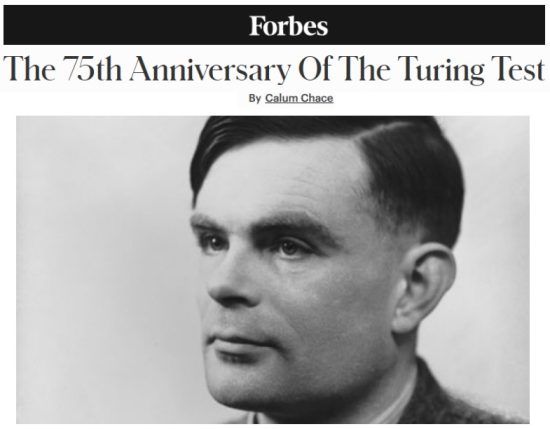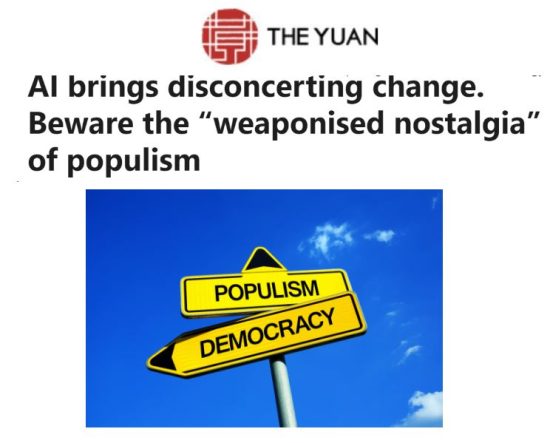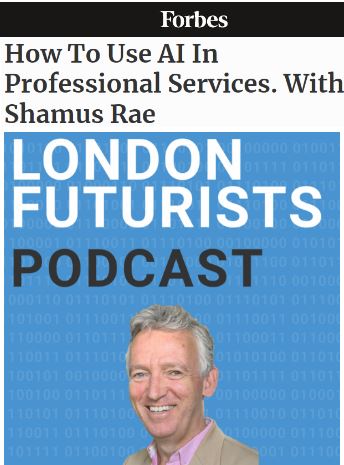The Road to Superintelligence
This article was first published in Forbes on 13 November 2025 About a decade ago, Geoff Hinton declared that human radiologists were like Wily E. Coyote in the Roadrunner show. They had run off the edge of a cliff, but hadn’t realised it yet. Their livelihoods were about to come crashing down. Ten years on, radiology has yet to be automated. Machines can read scans better than humans can, but they cannot yet replace human radiologists. Radiologists do much more than just read scans in the ideal conditions of the laboratory. They do it in the messy, unpredictable, fast-changing environment...

















